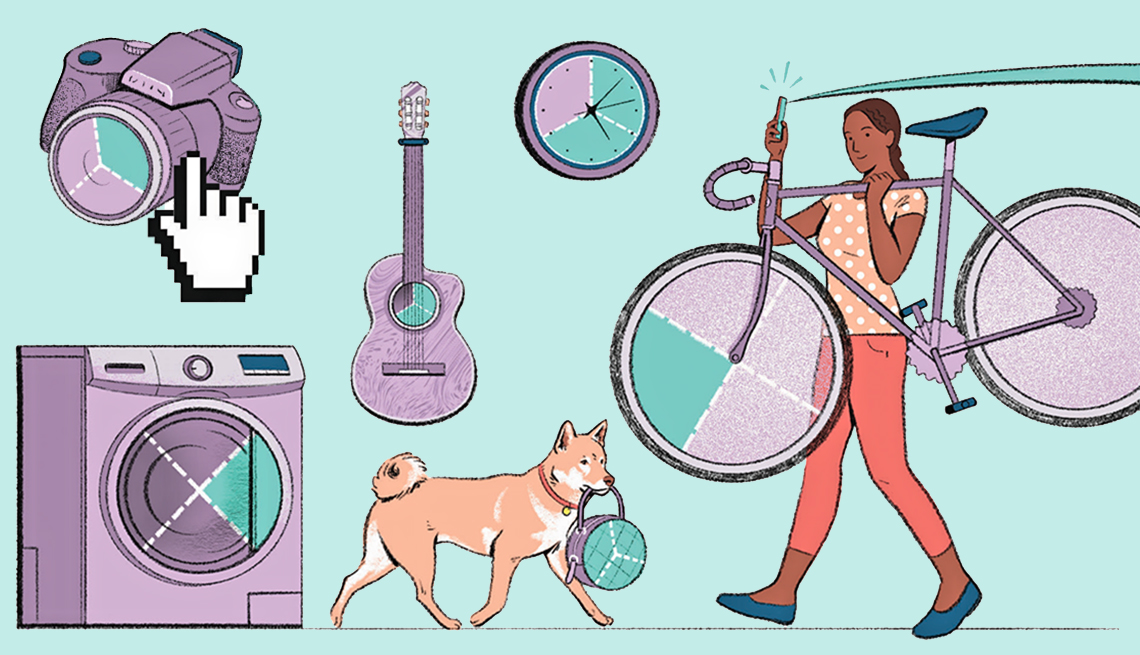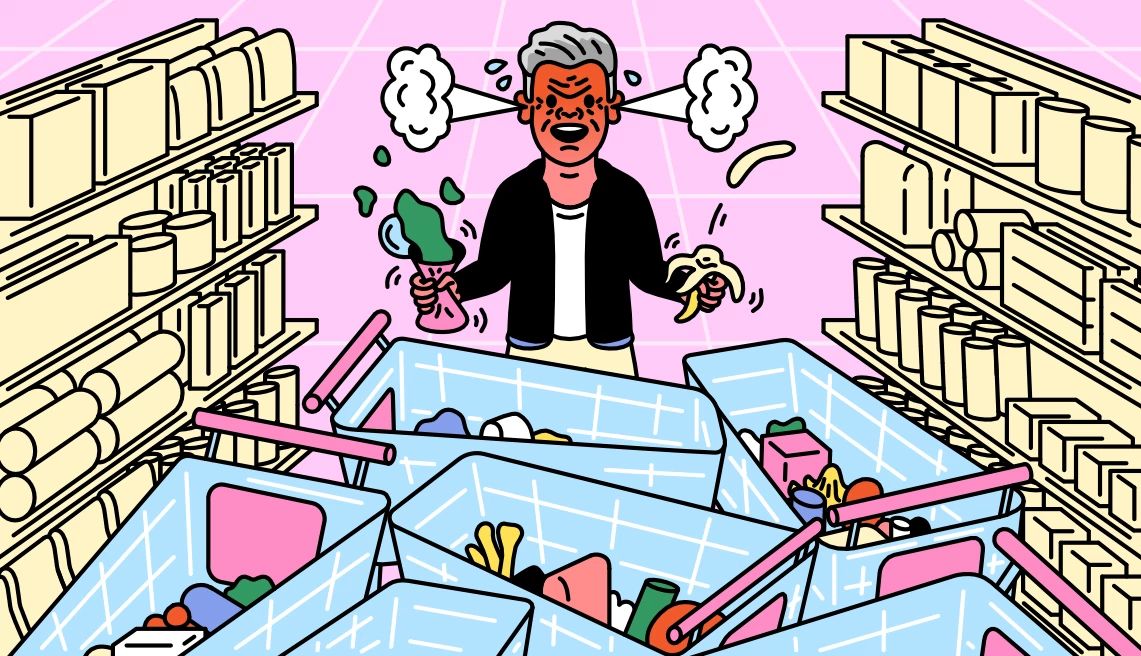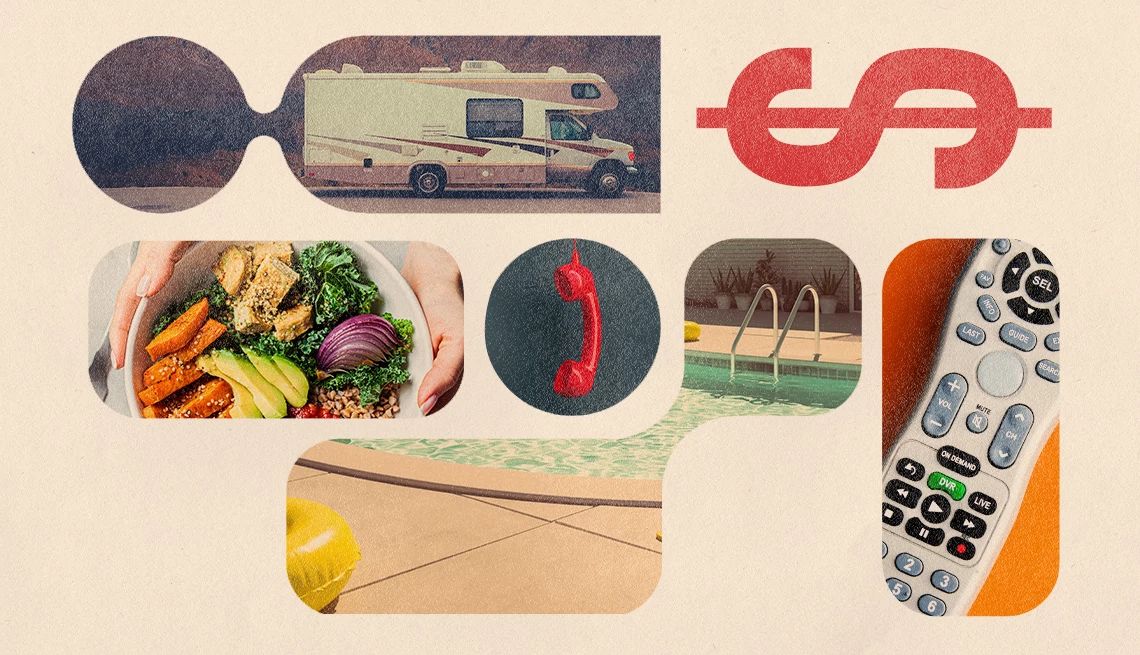AARP Hearing Center
On the checkout pages of many online retailers, you’re more and more likely to see a new payment option. Generally known as “buy now, pay later” (BNPL), it lets you buy on credit without a credit card.
Consumers spent a total of $82.4 billion on BNPL programs in 2024, a nearly 10 percent increase from 2023, according to Adobe Analytics data. Older Americans are embracing them: In a March Bankrate survey, 31 percent of Gen Xers and 25 percent of boomers reported having used a BNPL service. And BNPL services had their best day ever on Cyber Monday this year, with consumers spending a record $991.2 million.
How BNPL works is simple. Along with such usual payment choices as credit cards, Apple Pay or Google Pay, you’ll see an option to pay over time via a service like Affirm, Afterpay or Klarna. Click through, and if you’re approved (a quick credit check may be required), your tab will be split into smaller payments you make over weeks or months. Depending on the service and your payment schedule, there may be no fees or interest charges.
BNPL programs are like buying on layaway, but with a twist: Instead of receiving your purchase after you’ve made your payments, you get it right away. Offered mostly online but also in stores through mobile phone apps, BNPL services are exploding in popularity.
So what’s the catch? There’s more than one.
- As is the case with credit cards, late or missed payments can result in fees or interest charges
- BNPL loans can appear on your credit report. Affirm, one of the largest BNPL lenders, began reporting activity for new loans to Experian on April 1, 2025, and other lenders may follow suit. That means a missed payment could hurt your credit score.
- You’re not entitled to credit card perks such as extended warranties or rewards points. The Consumer Financial Protection Bureau also warns that BNPL services don’t come with the same safeguards provided by credit cards — a problem if you want to return something or you fall for a scam.
- There are limits on what you can buy. Product categories such as groceries and low-cost personal care items are commonly excluded. And most services have minimum and maximum purchase sizes — $30 and $1,500, for example, at PayPal.
But the strongest reason to be cautious is that BNPL programs can tempt you into overspending. Seventy-three percent of 1,003 shoppers surveyed by CouponFollow.com, for example, said that using BNPL prompted them to purchase more than they would have otherwise. That echoes a forthcoming study that analyzed the purchase behavior of 275,000 consumers and found that BNPL consumers typically make bigger purchases than non-BNPL shoppers.
One Credit Karma survey found that a third of shoppers who used BNPL fell behind on their payments, resulting in a lower credit score for nearly three-quarters of them.
“If you have a hard time sticking to a budget, and you perhaps lose track of your spending, this could be a risky option for you,” says Colleen McCreary, consumer financial advocate at Credit Karma. Says New York City financial adviser Tom Henske: “If you can’t afford a purchase, it doesn’t help you to spread the payments out; you still can’t afford it.”
Major Players
Each BNPL program works a bit differently.
How it works: Choose the period of time in which you’ll complete your payments — primarily three, six or 12 months.
Fees: You’ll pay interest from zero to 30 percent on the purchase amount, depending on your creditworthiness, but no late fees.
Retail partners: include Amazon, Target, Walmart.
How it works: Make four payments over six weeks, with no interest.
Fees: Late fees can amount to 25 percent of your order.
Retail partners: include Dick’s, Dillard’s, DSW.
How it works: Choose how you’d like to pay — in four equal payments (with no interest), in 30 days (with no interest) or with monthly financing (at 19.99 percent interest). You get $5 when you sign up.
Fees: Up to $35 if you miss a payment
Retail partners: include Macy’s, Sephora, Wayfair.
How it works: Make four payments in biweekly installments.
Fees: None. (The program recently dropped its late fees.)
Retail partners: include Bed Bath & Beyond, Best Buy, Target.







































































